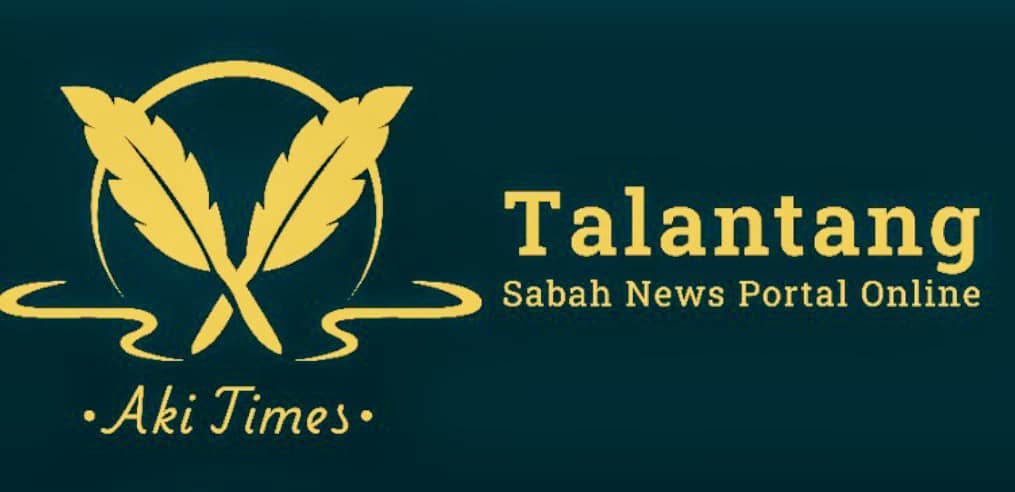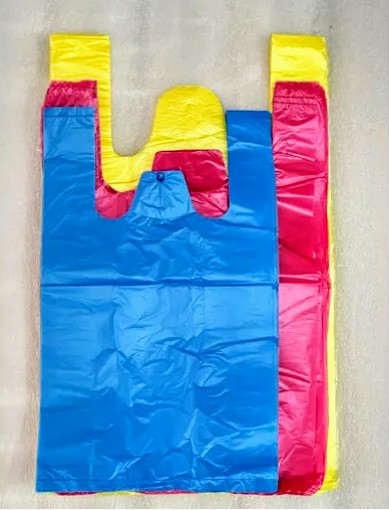Eateries stop providing plastic bags and straws
KOTA KINABALU : – Starting August 1, Kota Kinabalu will no longer offer plastic bags to shoppers.
As part of the “Bawa Beg Bah” (3B) campaign, everyone is encouraged to bring their own bags. Eateries will also stop providing plastic bags and straws.
WWF-Malaysia applauds the Sabah state government’s commitment and move to reduce single-use plastic usage in Kota Kinabalu through the 3B campaign amidst the widespread plastic pollution.
Plastic production has increased drastically over the last seven decades, over 450 million tonnes are produced globally.
Plastic can be seen everywhere, and being used in various things, including construction, food packaging, and medical instruments.
Single-use plastic bags make up the bulk of plastic waste produced globally.
The large volumes of single-use plastic waste pollute major water sources and waterways, and ultimately end up in the ocean.
The breakdown of improperly discarded single-use plastic bags leads to the release of microplastic particles.
These particles pose serious risks to human health and wildlife as they can be found throughout the environment, particularly in the marine ecosystems.
Furthermore, single-use plastic waste also causes threats to marine species and disruption to the marine food chain.
Not only that, a recent study conducted by Cornell University revealed that Malaysia tops the global per capita list in the amount of microplastics that we eat in our food alongside our neighbouring countries, Philippines and Indonesia.
This is a cause for concern not only for the public, but also for the government.
Based on WWF-Malaysia’s preliminary gaps analysis on Sabah’s plastic waste management, the pervasive use of single-use plastics and limitations in existing solid waste management systems highlight the challenges faced by the state government in managing plastic pollution.
The analysis reveals that plastic waste pollution in Sabah is influenced by opportunities for enhancement within the existing laws and policies.
These include potential for more comprehensive provisions for waste minimisation and the development of a more integrated policy to facilitate effective waste disposal.
The 3B campaign is aligned with WWF-Malaysia’s Goal Number 8: No Plastic in Nature, which aims to reduce and reuse plastic and eliminate leakage of plastic into nature, especially from sensitive marine environments, such as Semporna, by strengthening the capacity of local coastal communities to address the plastic waste management problems and advocating for policies that reduce plastic waste while promoting sustainability and economic circularity.
“With the increasing amount of plastic waste ending up in our oceans, harming human and wildlife, and leaching toxins into our environment, the single-use plastic ban is not just an environmental necessity, but also a moral obligation,” said Sophia Lim, Executive Director/CEO of WWF-Malaysia.
WWF-Malaysia is empowering local coastal communities to manage their own plastic waste through various capacity-building workshops.
Up until June 2024, 3370.3KG of waste was removed through community waste management systems on Omadal and Larapan Island, in collaboration with community-based organisations – Wanita Pulau Omadal, Iskul Sama DiLaut, and Larapan Youth Conservation Group.
However, WWF-Malaysia believes that immediate and concerted efforts from the government and industries are required simultaneously, to protect both human health and the environment.
The time to act on single-use plastics is now, as WWF-Malaysia encourages the authority to prioritise our planet’s future by implementing a nationwide ban on single-use plastics.
In conjunction with The International Plastic Free Month in July, the 3B campaign remains a step in the right direction towards the future of No Plastic In Nature.

